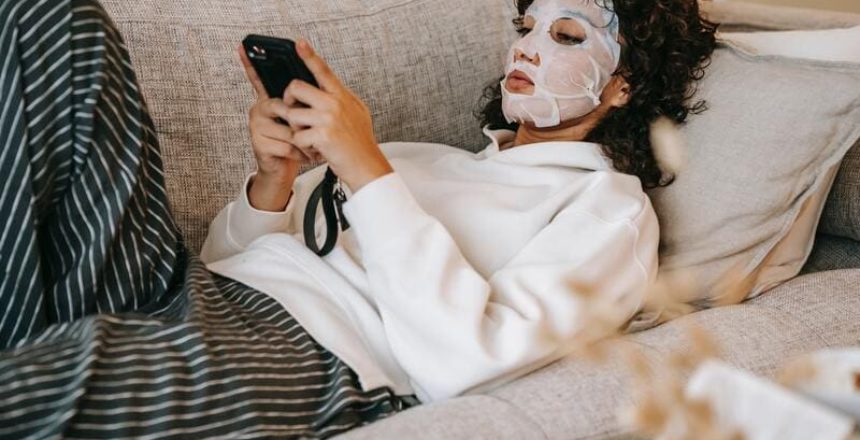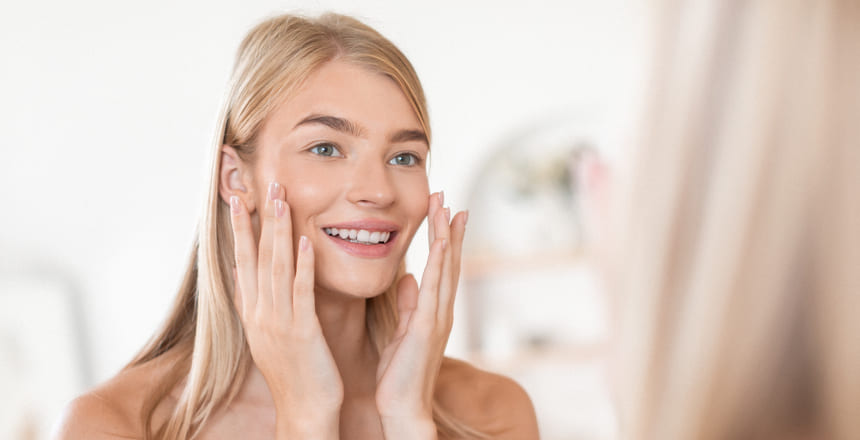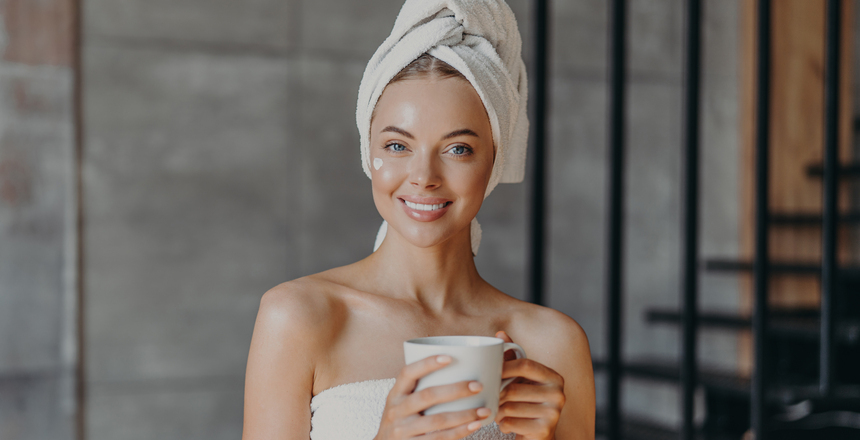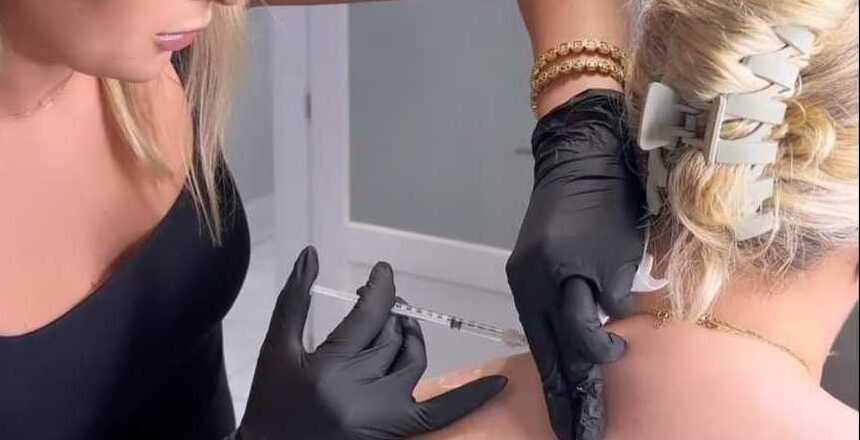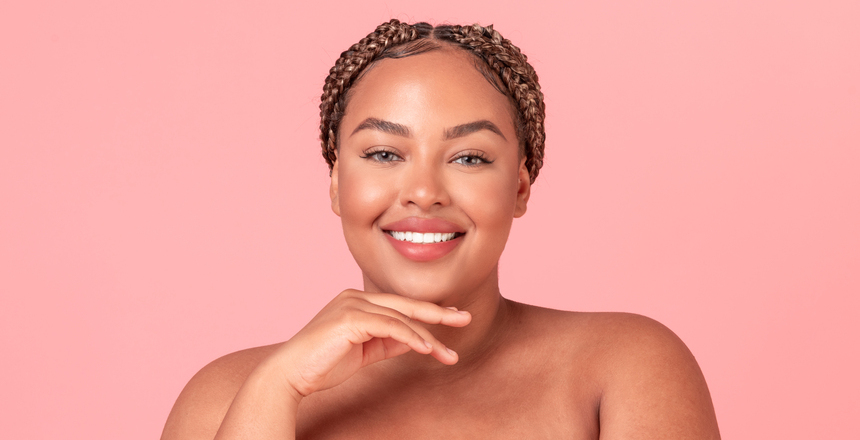You don’t always have to visit a clinic to benefit from great alternative skincare treatments. There are many excellent alternative at-home skincare options that you might not be aware of which can help with (and prevent) textural issues, dull skin, acne, sun damage, pigmentations and signs of aging. Here are a few ways you can step up your skincare routine to help combat these problematic skin concerns. I have also included images of my favourite products which we carry at the Clinic.
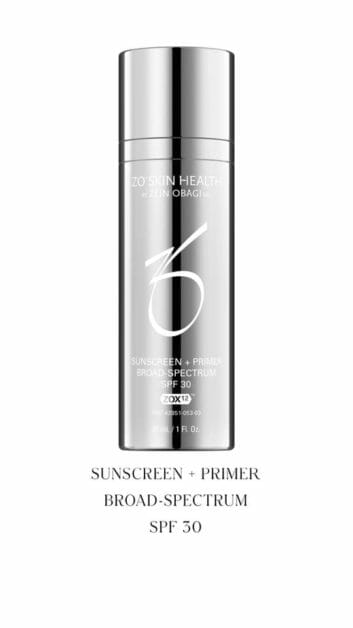
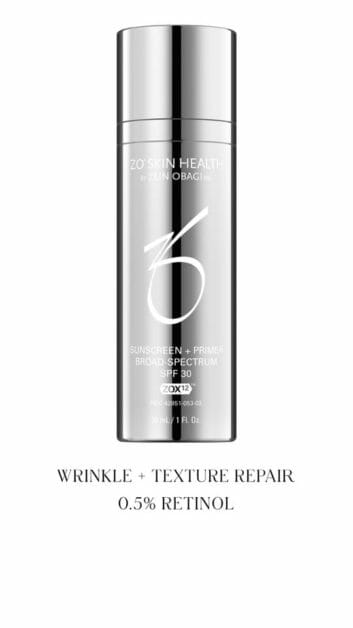
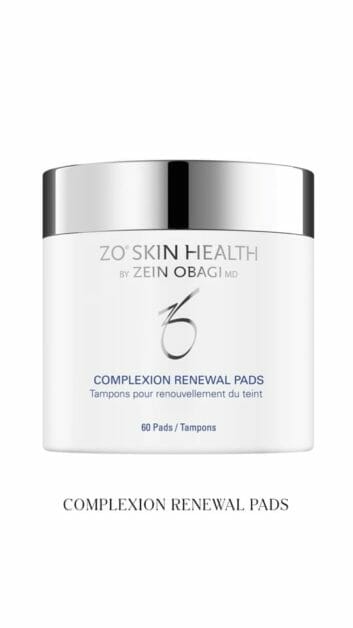
Retinol (Vitamin A) Products: A Great Alternative skincare treatment
Vitamin A, also known as retinol, is an amazing addition to any skincare routine. Retinol works by stimulating your skin cells to turn over at a rapid rate, which promotes new cell growth. This is an especially important consideration for acne-prone individuals. Retinol-based products also help to boost collagen and stimulate blood cells within the skin. This helps to bring back some life and brighten up your complexion. Retinol also strengthens the deepest layers of your skin which aids in smoothing wrinkles and fine lines and helping to stop their formation. Vitamin A is an amazing at-home alternative skincare treatment for anyone acne-prone, looking to brighten and even their skin tone and is critical for any anti-aging regime.
Vitamin C Skincare Products
To combat anti-aging concerns such as collagen loss, and wrinkle formation and to prevent sun damage, Vitamin C is an essential alternative skincare treatment option which can be applied topically at home. Vitamin C is a strong antioxidant and is crucial for fighting off and neutralizing environmental pollutants. These strong properties aid in your skin’s regeneration and repair. This helps to build and keep collagen strong which stops your skin from sagging and combats signs of aging such as wrinkles and fine lines. It has also been shown to reduce melanin synthesis, which is the main player in the production of sunspots and sun damage on your skin1. Vitamin C is a great addition to any anti-aging, brightening or skin-repair regime!
Toning Products
We all wash our faces but how many of us take the few additional seconds to tone? Toning is important for any and every skincare routine. Toners help increase blood flow to the surface layers of your skin. Toning also removes any remaining traces of debris on your skin from cleansers and exfoliators. Lastly, toning is also a vital step that helps to soothe, nourish and hydrate your skin by balancing your skins PH levels. The addition of this one product can work wonders for your alternative skincare treatment and your skin’s overall health.
SPF Products
SPF is a crucial part of ALL skincare regimes. Why even commit to the above alternative skincare treatments, if you’re not going to protect your skin? Sunscreen protects your skin from premature aging due to sun damage. Wrinkles, pigmentations, sunspots, and leathery and saggy skin are all a result of sun damage over time. In order to protect your skin from these problematic concerns and stop the worsening of these issues, SPF should be applied regularly; regardless of the weather or season. This small addition will protect you from all of these unwanted aging concerns and can also help protect you from developing skin cancer.
These products are a perfect addition to your at-home alternative skincare treatment routines. Retinol fights off aging and acne while brightening your complexion. Vitamin C is a powerhouse, fighting and neutralizing pollutants while promoting regeneration and repair. Toning balances your PH levels and is excellent for skin health. Lastly, SPF will keep your skin healthy and aids in maintaining an even skin tone.
1. Kameyama K., Sakai C., Kondoh S., Yonemoto K., Nishiyama S., Tagawa M., Murata T., Ohnuma T., Quigley J., Dorsky A., et al. Inhibitory effect of magnesium l-ascorbyl-2-phosphate (VC-PMG) on melanogenesis in vitro and in vivo. J. Am. Acad. Dermatol. 1996;34:29–33. doi: 10.1016/S0190-9622(96)90830-0.
